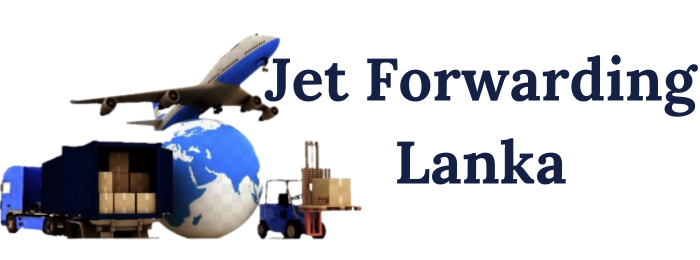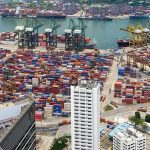As technology and consumer demands evolve, the logistics and shipping industry is changing rapidly. Here’s a look at the trends transforming the future of freight and how they can benefit businesses worldwide.
1. Embracing Digital Transformation
With the rise of digital solutions, freight forwarding companies now operate more efficiently than ever. Real-time tracking, automated systems, and predictive analytics are no longer luxuries but essential tools for businesses looking to stay competitive. These technologies provide visibility throughout the shipping process, enabling clients to track their cargo from origin to destination.
Example: Imagine a small business that imports raw materials and experiences delays due to unforeseen logistics issues. With real-time tracking, the company can stay informed about any delays and make adjustments to minimize disruptions. Additionally, predictive analytics can help forecast demand, allowing businesses to optimize inventory and reduce waste.
2. Green Shipping and Sustainable Logistics
Environmental consciousness is transforming how logistics providers operate. Companies are increasingly adopting green practices, such as route optimization to reduce fuel consumption and partnering with eco-friendly carriers. This shift toward sustainability is essential for meeting regulatory requirements, reducing carbon footprints, and appealing to eco-conscious consumers.
Case Study: A large retail company began using green shipping methods, such as shipping consolidation and carbon-neutral carriers, for its product distribution. This change not only enhanced its brand reputation but also reduced shipping costs by optimizing routes and minimizing unnecessary transport.
3. Data-Driven Decision Making
The integration of big data in logistics has paved the way for smarter decision-making. By analyzing historical data and real-time inputs, freight forwarders can predict trends, identify potential disruptions, and allocate resources efficiently.
Example: A shipping company might analyze data from past shipments to identify the best times and routes for certain types of cargo. Data-driven insights allow companies to proactively address supply chain challenges and ensure reliable delivery for clients.
4. Advanced Security Measures
As the volume of international shipments increases, so does the need for security. Freight forwarders are using advanced tools such as blockchain technology to enhance cargo security. Blockchain provides a secure and transparent record of transactions, making it easy to track goods and verify authenticity.
Insight: Blockchain can help prevent fraud and reduce paperwork by creating a decentralized ledger that all parties can access. This transparency is crucial for ensuring that goods are transported safely and efficiently across borders.
Conclusion:
The logistics industry is transforming, and businesses must adapt to stay ahead. By embracing digital solutions, committing to sustainability, leveraging data, and prioritizing security, companies like Jet Forwarding Lanka are ready to meet the demands of a rapidly evolving market. As the future of freight continues to unfold, these trends will define success in logistics.






Hi, this is a comment.
To get started with moderating, editing, and deleting comments, please visit the Comments screen in the dashboard.
Commenter avatars come from Gravatar.